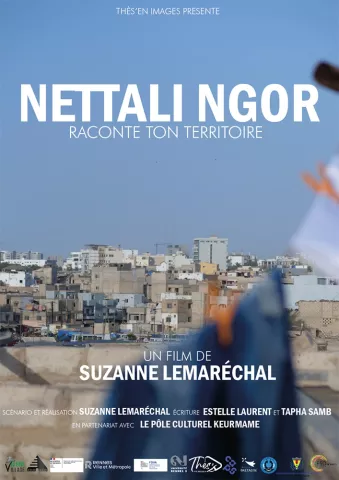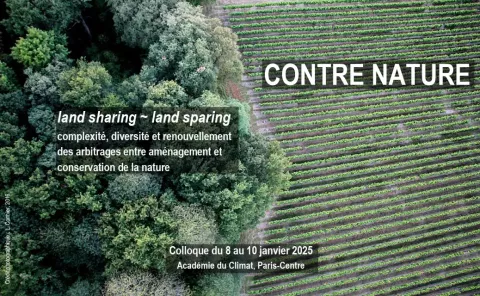Soutenances récentes
The shift towards a knowledge-based economy seems to call for rethinking urban and territorial development. Strategies based on highways and business parks planning are not adequate anymore to cope with contemporary challenges. Policy-makers have to deal with people and their ability to innovate.This PhD research examines these challenges focusing on intermediate cities which, in this context, face difficulties to exist apart from being periphery of the core metropolises. Indeed, they have to operate profound transformations, while dealing with the absence of certain urban functions, with the interurban competition, etc. They are also particularly sensitive to the issues of human capital, whose strategic mobilization could allow them to begin to turn a metropolitan trajectory. Discussing these assumptions, the research uses innovative analytical tools: setting a theoretical framework for a territorial human capital approach, analyzing place-based projects by mapping, and modeling the regional governance of innovation.Findings show that territorial organization human capital is an important factor to explain innovative capacities of intermediate cities. In France, Angers and Reims provide two examples of the variegated situations and responses of local policies. The different results could help to stimulate progress in constructing a theoretical approach for conceptualizing challenges of intermediate cities and for developing decision-making tools.





